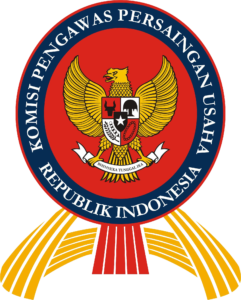
Badan Riset dan Inovasi Nasional
07-11-2022
12-08-2024
4b22c633-8557-4f29-b74f-0365247e37b7
Abundances and parasitism rates of frugivorous drosophilid flies were studied in...
Many species extinctions have probably gone unnoticed on limestone that was dest...
Many species extinctions have probably gone unnoticed on limestone that was dest...
POC Datasets 2002-2020 derived from MODIS Aqua; Validated using in-situ data. Da...
POC Datasets 2002-2020 derived from MODIS Aqua; Validated using in-situ data. Da...
INFORMASI: Data berikut ini masih dalam proses pemenuhan Prinsip SDI.
Agricultural Drought Pattern in West Java Using Thermal Vegetation Index from Modis-Terra Satellite
This study examines agricultural drought paddy fields in West Java. The aims of this research are to know the pattern and distribution of paddy field drought in West Java and the correlation between drought and the physical characteristics. The agricultural drought is obtained from TVI (Thermal Vegetation Index) model. TVI is derived from MODIS Terra satellite image, which is the ratio between the LST (Land Surface Temperature) and EVI (Enhanced Vegetation Index). Physical factors studied are rainfall, l slope, geomorphology, soil drainage, and irrigation areas. The most severe drought occurred in September 2006 because of El Nino, covering 806,564 ha, and distributed in almost all West Java Province while the lowest occurred in September 2010 because of La Nina, covering 101,959 ha, and mostly distributed in Subang and Indramayu district. Spatial distribution of drought in 2000-2011 has the same pattern. At the start of the dry season (May) drought occurred in the north (along the coast) then expanded to the east / south in the middle of the dry season (July-August) and then increased further to the west at the end of the dry season (September). Incidence of drought has correlation with the physical condition of the area, but the most influential is the rainfall based on Chi-square test. Makara Seri Teknologi, Vol. 17, No. 1. Hal. 44-50
